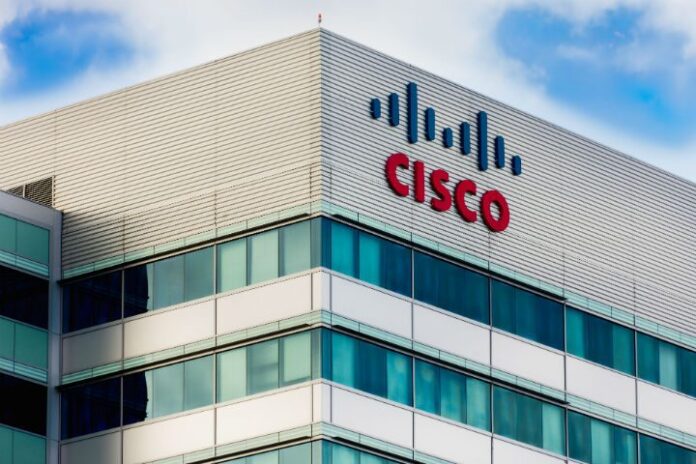Cisco has spent millions of dollars defending patents related to Wi-Fi, and now the company finally ended an eight-year legal battle with a victory. A Federal Circuit panel said this week the company does not have to pay damages to Commil US, the company that currently holds the patent in question.
Commil US does not make or sell chips, gateways or access points, but does hold a purchased patent on a technology used to build Wi-Fi networks with multiple access points. In 2011, a federal jury in Texas found Cisco guilty of infringing that patent and awarded Commil $63.8 million, an amount which has increased by $10 million over the years as interest accumulated.
In 2013, the D.C. Federal Circuit, which specializes in patent issues, called for a new trial. It said Cisco thought Commil’s patent was invalid and should have a chance to argue the case again. The new trial took place in the U.S. Supreme Court. Justice Anthony Kennedy, joined by Justice Ruth Bader Ginsburg, Justice Samuel Alito, Justice Sonia Sotomayor and Justice Elena Kagan, said Cisco’s belief the patent was invalid was not a valid defense against infringement.
Even though the Supreme Court did not rule in Cisco’s favor, it did send the case back to the U.S. Court of Appeals for the Federal Circuit. This week that court ruled Cisco did not infringe the patent, and this will be the final ruling.
This week’s verdict is good news for Cisco and can be seen as bad news for the non-practicing entities that hold many technical patents and sue operating companies for infringement. But in the long run, the most significant outcome of the case may be the precedent set by the Supreme Court’s May ruling against Cisco. The Court said the belief that a patent is invalid is not a valid defense against claims of patent infringement.
Cisco sells more Wi-Fi access points than any other vendor, according to CRN. In 2012 the company paid $1.2 billion for Meraki, a provider of cloud-based Wi-Fi networking solutions.
Follow me on Twitter.

